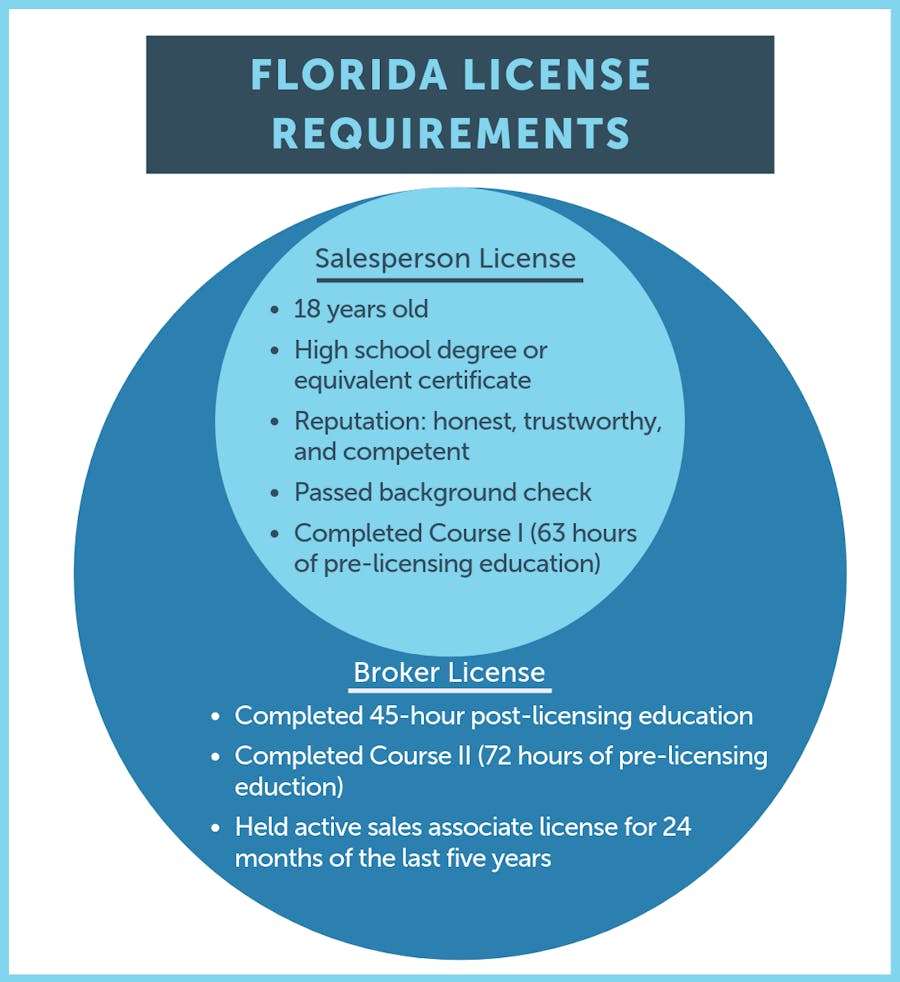
There are many factors that affect the amount of realty commission you pay, whether you are selling or buying a home. The market for your particular area, type of property and broker are some of the factors that will impact the amount of real estate commission you pay. To get the best deal, choose an agent who has experience in your area.
A Virginia realty commission is a proportion of the total sale amount. It may vary significantly from one brokerage to another. A realtor who is looking to establish a good reputation will likely negotiate a lower rate.
A buyer's agent receives 2.66% commission on the final price of the home, while a listing agent gets 2.56% commission. This is equivalent to $20280 in commissions

The real cost of a Virginia Real Estate Commission is not as straightforward as it may seem. The state's housing market is hot, and many homes listed this year are selling above their asking prices. As such, savvy sellers have opted to price their property higher than they would otherwise. You can also choose to pay a flat fee MLS service to list your home. This is a more affordable option to hiring an agent.
Depending upon the type of property and where it is located, the average Virginia estate commission will be five to seven percent. The U.S. Bureau of Labor Statistics says that the highest realty commission in the state is 86,500 dollars per a year. This is almost triple the national average.
The real estate commission in Virginia is a small part of the total transaction, and you'll be glad to know that it doesn't have to break the bank. Some brokers offer a discount commission model that allows you to cut down on the 6% realtor fee. You may even find a flat rate that covers all of the services offered by these companies, which can help you reduce your costs.
Although the average Virginia real estate commission is only a small percentage of the total cost of selling your house, it's an important component of the process. You have many reasons to choose an experienced realtor. Discount brokerages can help cut your fees. The right realtor will make selling or buying a house easier. A professional agent will highlight your home's best features so that it sells more easily.

The average cost of a real estate commission in Virginia can vary widely, depending on the location of the home, the size of the home, the type of property being sold and the broker you hire. This is why you should look around for a reputable realtor in your region.
FAQ
Is it possible to quickly sell a house?
You may be able to sell your house quickly if you intend to move out of the current residence in the next few weeks. Before you sell your house, however, there are a few things that you should remember. First, find a buyer for your house and then negotiate a contract. Second, prepare your property for sale. Third, your property must be advertised. You must also accept any offers that are made to you.
What flood insurance do I need?
Flood Insurance covers flood damage. Flood insurance helps protect your belongings, and your mortgage payments. Learn more about flood coverage here.
What is a reverse mortgage?
Reverse mortgages allow you to borrow money without having to place any equity in your property. It works by allowing you to draw down funds from your home equity while still living there. There are two types to choose from: government-insured or conventional. If you take out a conventional reverse mortgage, the principal amount borrowed must be repaid along with an origination cost. If you choose FHA insurance, the repayment is covered by the federal government.
What are the benefits of a fixed-rate mortgage?
A fixed-rate mortgage locks in your interest rate for the term of the loan. You won't need to worry about rising interest rates. Fixed-rate loans offer lower payments due to the fact that they're locked for a fixed term.
Statistics
- When it came to buying a home in 2015, experts predicted that mortgage rates would surpass five percent, yet interest rates remained below four percent. (fortunebuilders.com)
- This seems to be a more popular trend as the U.S. Census Bureau reports the homeownership rate was around 65% last year. (fortunebuilders.com)
- Based on your credit scores and other financial details, your lender offers you a 3.5% interest rate on loan. (investopedia.com)
- This means that all of your housing-related expenses each month do not exceed 43% of your monthly income. (fortunebuilders.com)
- 10 years ago, homeownership was nearly 70%. (fortunebuilders.com)
External Links
How To
How to locate an apartment
Finding an apartment is the first step when moving into a new city. This involves planning and research. It involves research and planning, as well as researching neighborhoods and reading reviews. Although there are many ways to do it, some are easier than others. These are the steps to follow before you rent an apartment.
-
Online and offline data are both required for researching neighborhoods. Online resources include Yelp. Zillow. Trulia. Realtor.com. Local newspapers, landlords or friends of neighbors are some other offline sources.
-
Review the area where you would like to live. Yelp and TripAdvisor review houses. Amazon and Amazon also have detailed reviews. You might also be able to read local newspaper articles or visit your local library.
-
Make phone calls to get additional information about the area and talk to people who have lived there. Ask them what they liked and didn't like about the place. Ask for recommendations of good places to stay.
-
Check out the rent prices for the areas that interest you. If you are concerned about how much you will spend on food, you might want to rent somewhere cheaper. Consider moving to a higher-end location if you expect to spend a lot money on entertainment.
-
Find out about the apartment complex you'd like to move in. Is it large? How much does it cost? Is it pet friendly? What amenities are there? Is it possible to park close by? Are there any special rules that apply to tenants?